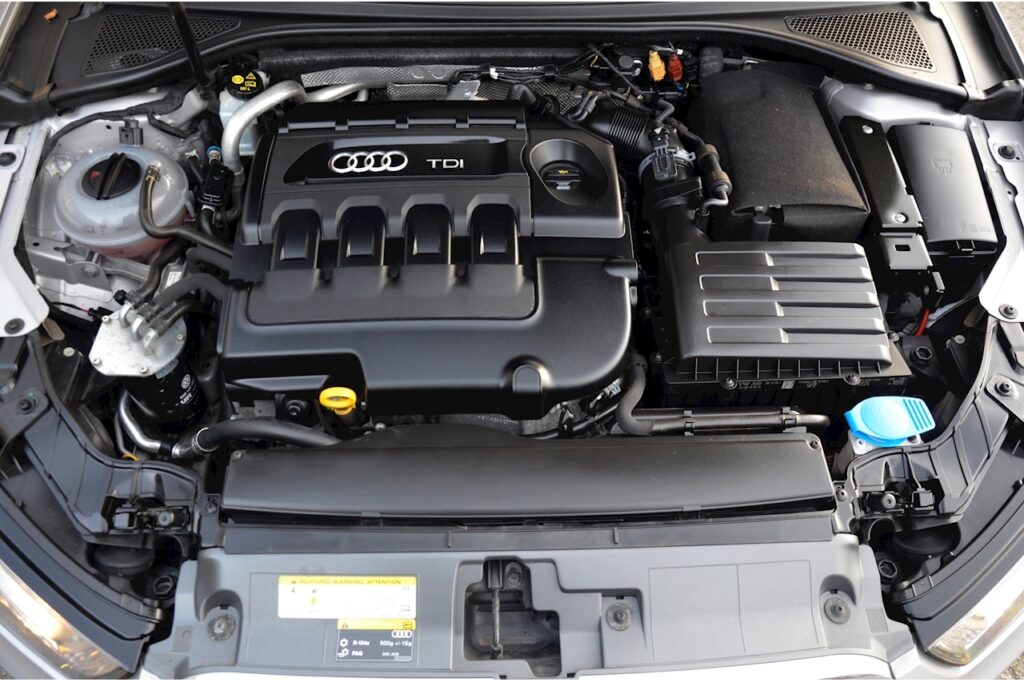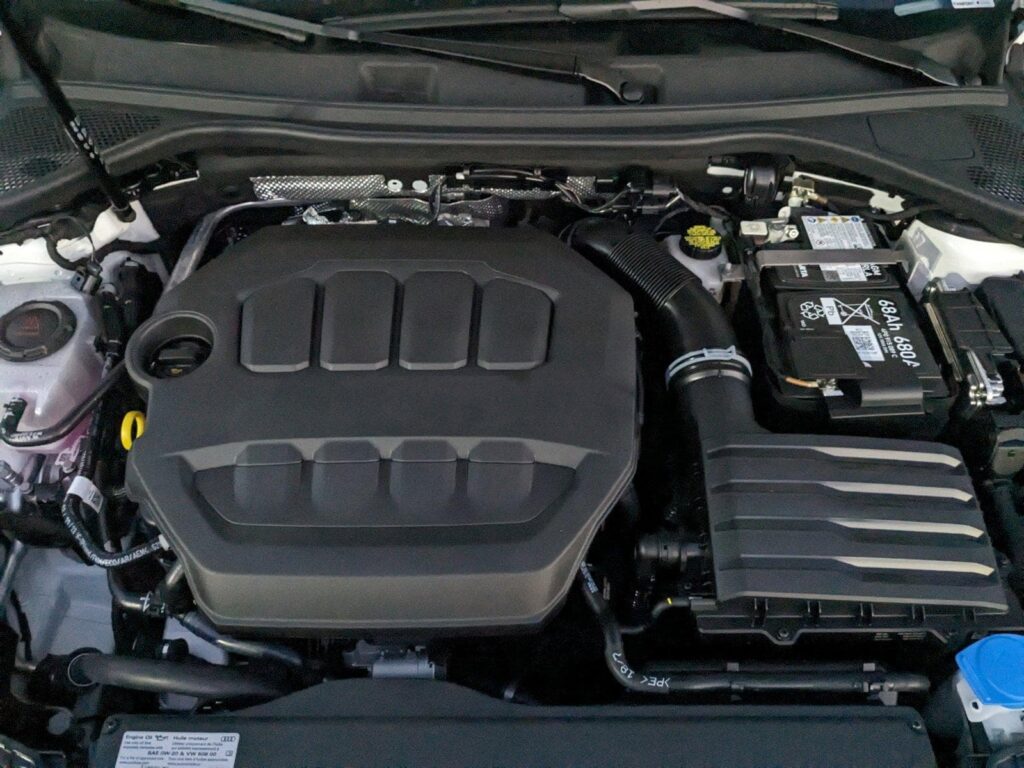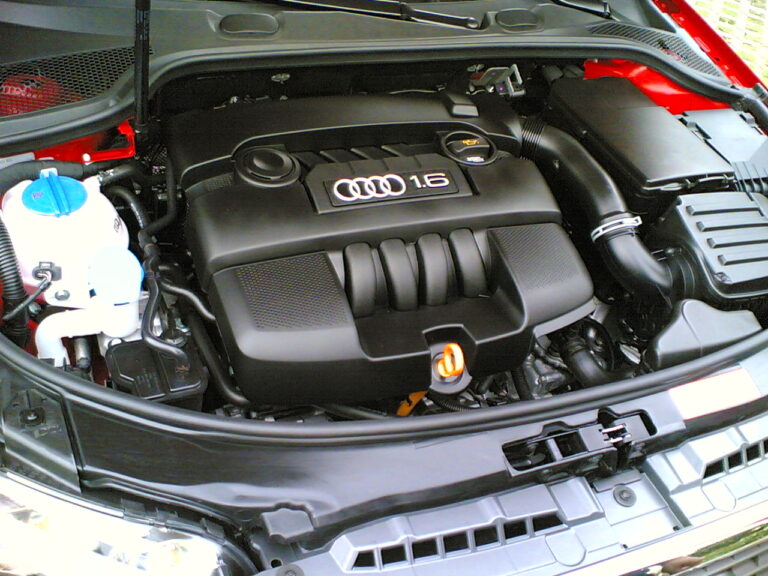Yes, a 1.6 engine is a solid choice for your first car. It’s a balanced option, giving you good mileage and enough power for everyday driving. The maintenance costs won’t break the bank, which is great for new car owners.
While it might not be the most powerful engine out there, it’s dependable and easy to handle – perfect for city trips and highway cruising. Your decision should match your needs, budget, and the kind of driving you’ll be doing. If you’re looking for a reliable, user-friendly first car, a 1.6 engine is definitely worth considering!
What are the Factors to Consider for a First Car?

When choosing your first car, think about getting one that uses fuel wisely and doesn’t cost too much to keep in good condition. This way, you can save money on gas and maintenance, making your first car experience easier on your wallet.
Fuel Efficiency
A 1.6 engine is good at using fuel wisely, meaning it can go a long way without needing lots of gas. This is great for saving money on fuel, which is important when you’re just starting to own a car.
Saving money matters, and when your car uses fuel efficiently, it means you spend less on gas. For someone new to owning a car, this helps keep the overall cost down, making it easier on your wallet.
Performance
A 1.6 engine might not be the fastest, but it’s just right for new drivers. It gives enough power for smooth driving and handles well, making it easy to drive.
While not the most powerful, a 1.6 engine has enough power for everyday driving, accelerates smoothly, and is easy to control. This makes it a good choice for someone who’s just starting to drive.
Maintenance Costs
Keeping a 1.6 engine in good shape doesn’t cost a fortune. Regular check-ups and small fixes are usually affordable, which is great for someone who’s new to owning a car.
These manageable costs are good news for new car owners. It means you can keep your car in good shape without spending too much money. Taking care of your car regularly also helps it last longer and stay reliable for your travels.
Pros and Cons of a 1.6 Engine for First Cars
Pros
Fuel Efficiency: One major advantage of a 1.6 engine is its fuel efficiency. It strikes a good balance between power and mileage, ensuring that you get the most out of each tank, saving money on fuel costs.
Cost-Effective: 1.6 engines often come with a more affordable price tag compared to larger engines, making the initial purchase cost and overall ownership expenses more budget-friendly for first-time car buyers.
Environmentally Friendly: The fuel efficiency of a 1.6 engine also contributes to lower carbon emissions, making it a relatively environmentally friendly choice.
Cons
Limited Power: While suitable for daily driving, a 1.6 engine may lack the power needed for heavy-duty tasks, such as towing. If you anticipate needing more power for specific activities, this could be a limitation.
Performance in Larger Vehicles: In larger or heavier vehicles, a 1.6 engine might feel less energetic, affecting acceleration and overall performance. It’s essential to consider the size and weight of the vehicle you’re interested in.
Resale Value: Some larger engines can retain better resale value. If resale value is a top consideration, a 1.6 engine might not hold its value as well as some larger alternatives.
What Should You Consider When Choosing a 1.6L Engine for Your Car?
When choosing a 1.6L engine for your car, consider your driving style and the engine’s maintenance costs. Also, think about the car’s future resale value, as market trends and the car’s condition can affect it.
Driving Style (City vs Highway)
If you drive mostly in the city with lots of stopping and starting, a 1.6L engine could be a good choice because it balances power and fuel economy. But if you’re often on the highway, you might want an engine that’s more efficient at high speeds.
Costs of Upkeep
The money you’ll spend on maintaining a 1.6L engine can change based on the car’s make and model, and how you drive and care for it.
For example, some 1.6L engines, like the 1.6 THP from PSA and BMW, have been known to have timing issues that can cost between $260 and $650 to fix. Regular upkeep like oil changes and tire rotations also add to the total cost.
Resale Value in the Future
How much you’ll be able to sell your 1.6L engine car for in the future depends on things like the car’s make and model, its condition, and what’s popular in the market at the time.
Cars lose value over time, but some brands and models lose value slower than others. Market trends can also affect resale value. For instance, diesel cars have been becoming less popular, which could lower their resale value.
How Does a 1.6L Engine Compare with Other Engine Sizes?

Comparing 1.6L Engine with Other Engines
The size of an engine, known as its displacement, is the total volume of all its cylinders. Bigger engines can hold more fuel and air, which can create more power. However, engine size doesn’t always directly relate to power these days.
For example, a car with a 1.0-litre engine can be as powerful as an older car with a 2.0-litre engine. But generally, bigger engines use more fuel and produce more emissions than smaller ones.
When a Different Engine Size Might Be Better:
The best engine size for you depends on how you drive. If you mostly do short trips at low speeds, a smaller, more efficient engine like a 1.0 to 1.2-litre might be best.
If you often do long trips at high speeds or need to tow something, a larger engine around 2.0 litres might be better. If an engine is too small for a heavy car, it can be overworked.
For instance, the smaller 2.0-litre engine in Mazda’s CX-30 only uses 0.1L/100km less fuel than the larger 2.5-litre engine.
FAQ
Is 1.4 too big for first car?
No, a 1.4L engine isn’t too big for a first car. It’s actually considered small and can be a good choice for beginners.
Is a 1.4 or 1.6 engine better?
It depends on your needs. A 1.6L engine might have more power, but a 1.4L engine could be more fuel-efficient.
Is 1.6 or 2.0 engine better?
A 2.0L engine usually has more power than a 1.6L one. But it might use more fuel, so it could be less efficient.
Is a 1.6 engine small?
A 1.6L engine is considered small to medium-sized. It’s bigger than a 1.4L engine but smaller than a 2.0L one.
Is 1.6 liter engine good?
Yes, a 1.6L engine can be a good choice. It offers a balance of power and fuel efficiency, which is great for most drivers.
How big is a 1.6 engine?
The size of a 1.6L engine refers to its total volume. It’s the combined volume of all its cylinders.
How much HP does a 1.6 engine have?
The horsepower of a 1.6L engine can vary. It depends on things like the engine’s design and whether it’s turbocharged.
Is there much difference between 1.4 and 1.6 engine?
The main difference between a 1.4L and a 1.6L engine is their size and potentially their power output. A 1.6L engine is bigger and might have more power.
How many cc is a 1.6 engine?
A 1.6-liter engine is the same as a 1600 cubic centimeter (cc) engine. They’re just different units of measurement for the same thing.
Final thoughts
A 1.6L engine can be a great choice for a first car. It offers a balance of power and fuel efficiency, making it suitable for both city and highway driving. However, factors like maintenance costs and future resale value should also be considered.
Ultimately, the best engine size depends on your personal driving habits and needs. Remember, it’s always best to do your own research before making a decision. Happy driving!

